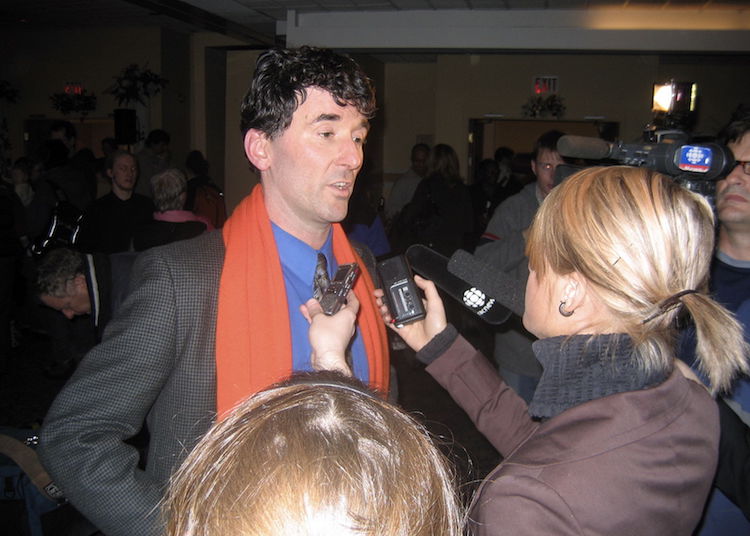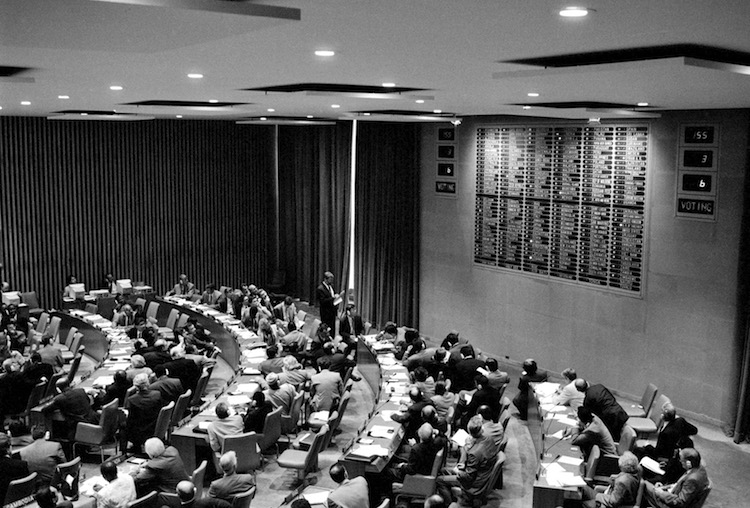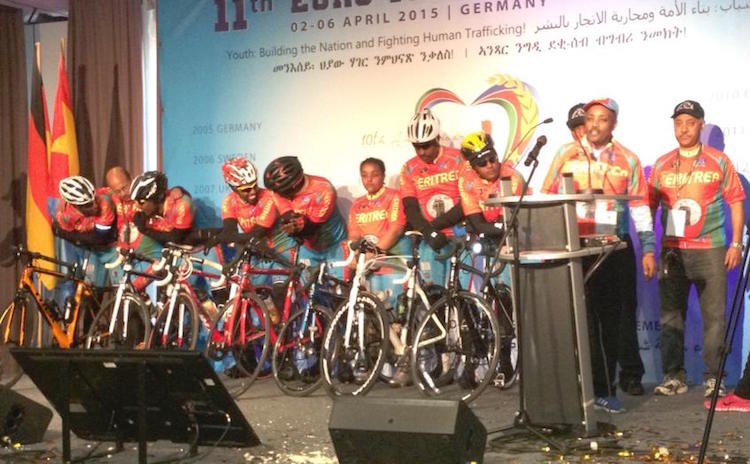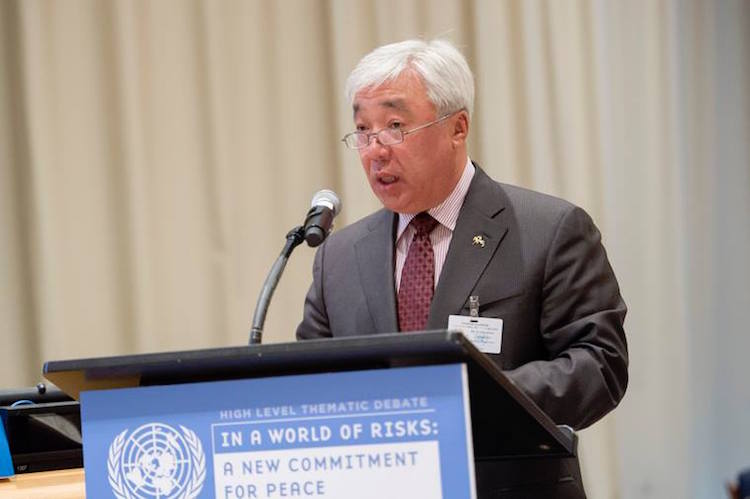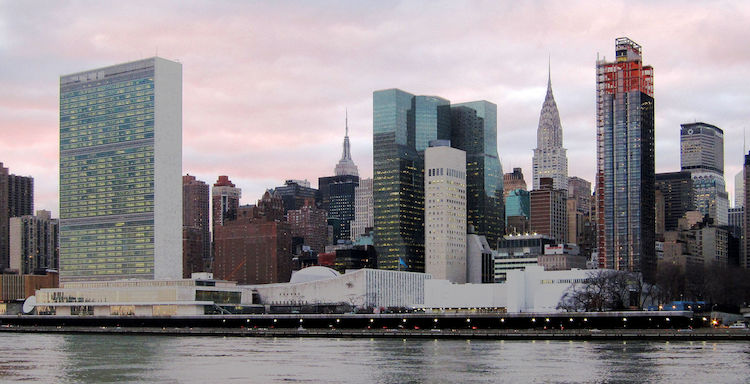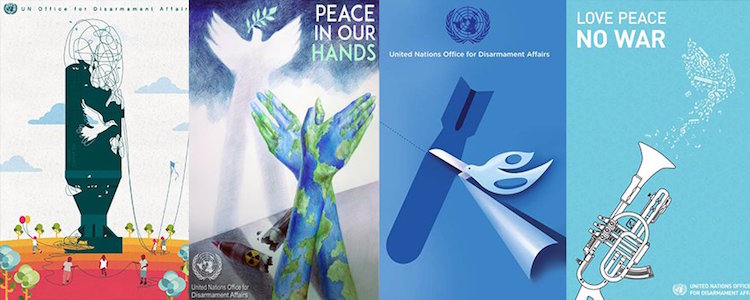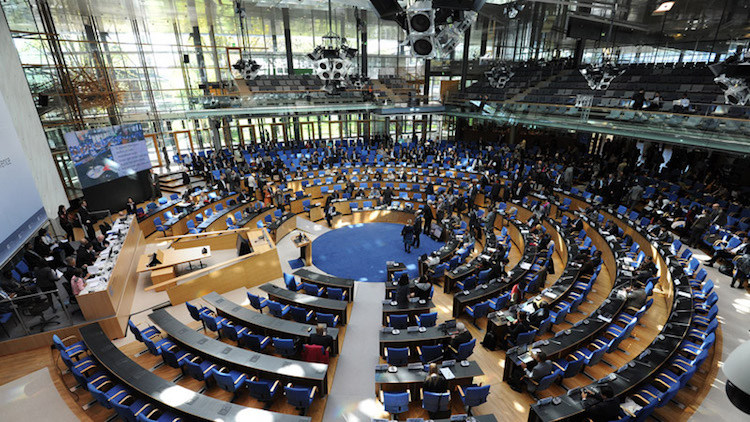By Ronald Joshua
ROME | SAN SALVADOR (IDN) – Family farming accounts for about 50% of Agricultural Gross Domestic Product in Central America. It employs a huge percentage of agricultural working force, ranging from 36% in Costa Rica) to 76% in Honduras.
According to the Rome-based International Fund for Agricultural Development (IFAD), the UN agency dedicated to rural development, about 2.3 million families in the region work in family farming.
It is estimated that 6 in 10 family farmers face food insecurity and 65% live in poverty. Family farms’ heads are, in 85% of the cases, male. Their average age is 49. Family farms’ average extension is 1.13 ha.
With this in view, IFAD has joined hands with PRISMA-OXFAM-RIMISP Consortium to launch in San Salvador, the capital of El Salvador, a Regional Rural Dialogue Programme (PDRR), a network of family farmers’ organizations, focused on Central America and the Dominican Republic.


